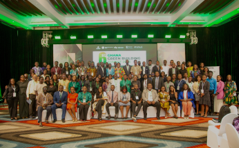
By Ebenezer Chike Adjei NJOKU
Sustainability and affordability can no longer be at odds in Ghana’s housing development. That was the consensus reached at the 2025 Ghana Green Building Summit, where policymakers, developers, and sustainability experts stressed that green buildings need not be out of reach for the average Ghanaian.
Under the theme ‘Reimagining Buildings and Cities for Economic and Social Prosperity’, the summit brought together a diverse group of stakeholders who challenge the long-held perception that environmentally friendly construction must remain inherently expensive.
Instead, speakers and participants aligned around a new message: green homes can be affordable, and affordable homes can—and should—be green.
“We should not always look at green buildings as three-storey buildings or the iconic ten-storey towers. Your home can also be green,” Paul Kwesi Ocran, Green Buildings Consultant with the International Finance Corporation (IFC) said during a presentation on the state of sustainable housing in the country.
He highlighted housing projects in Accra and Tamale that had achieved over 30 percent savings in energy and water consumption, using cost-effective solutions such as light-coloured roofing, efficient fixtures, and optimal window placements. “Just painting walls with lighter colours and using energy-efficient lighting can make a difference,” he remarked.
The use of EDGE, IFC’s free building efficiency software, is already changing how developers approach housing design. Since its launch in 2017, EDGE has certified 57 buildings in the country, covering more than 890,000 square metres and reducing annual CO? emissions by 100,000 tonnes.
For Cyril Nii Ayitey Tetteh, Convener of the Summit, the focus on affordability within the sustainability conversation marked a shift in the right direction.
“Sustainability is all about continuity. When we embed sustainability into business, adopt processes with ESG frameworks and practise sustainable banking principles… are we not seeking continuity over productivity and profitability? I think so,” he explained.
Ghana’s current housing deficit—estimated at over 1.8 million units—adds urgency to the call for inclusive solutions. But while the scale of the challenge is significant, stakeholders were united in framing it as an opportunity for transformative change.
Kenneth Gilbert Adjei, Minister for Works, Housing and Water Resources, delivering the keynote address, underscored the government’s commitment to embedding green principles into national policy.
“We are actively integrating green building principles into our national housing strategies and programmes,” he said. “Today, sustainability is not merely an aspirational goal but an essential requirement,” he added.
The sector Minister cited the District Housing Programme, which aims to deliver sustainable homes in rural and peri-urban communities using locally sourced materials.
Still, he acknowledged the complexity of defining affordability. To that end, he said, the Ministry is partnering with institutions such as the UN Environment Programme and UN-Habitat to create financing tools tailored to green housing.
These efforts are being supported by the Climate Technology Centre and Network and Ghana’s Environmental Protection Agency, which are working to roll out national green building standards.
Issifu Seidu, Minister of State for Climate Change and Sustainability, placed the conversation within a broader climate risk context. “Climate change is not a distant threat. It is already impacting livelihoods, infrastructure, food security and the very sustainability of our cities,” he noted.

He cited World Bank projections showing that Ghana’s annual economic losses from climate events could triple by 2050, and more than 30 million people could face life-threatening heatwaves.
The government’s response includes the establishment of a new Office of Climate Change and Sustainability within the Presidency, and plans to launch a national climate and sustainability hub—a centre for policy, innovation and stakeholder collaboration.
“Let us design cities not only with bricks and mortar, but with vision and purpose. Cities that breathe. Cities that include. Cities that endure,” he urged.
The push for affordability was echoed by John Sheriff Bawah, Managing Director of State Housing Company Limited (SHCL), who took issue with how the term is often used in the market. “When we say affordable, that typically ranges from US$60,000 to US$250,000—everybody tags it affordable.
That is not realistic,” he said, noting that most families would need salaries in excess of GH¢25,000 to qualify for a mortgage for such homes.
The post Affordable housing can be green- experts say at 6th Ghana Green Building Summit appeared first on The Business & Financial Times.
Read Full Story

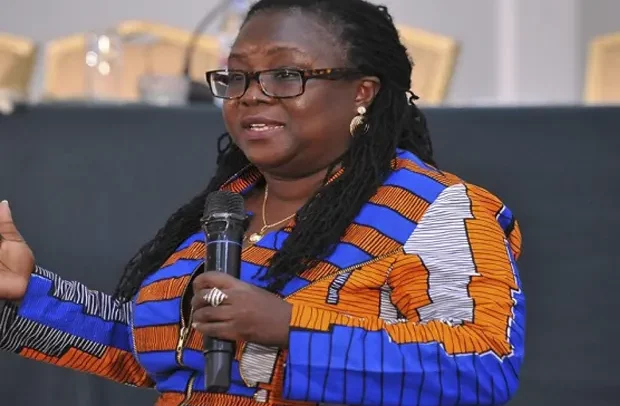







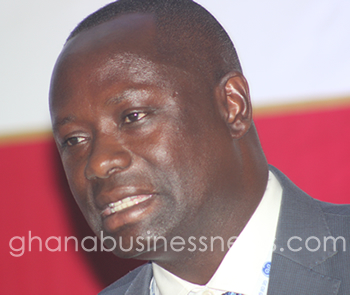
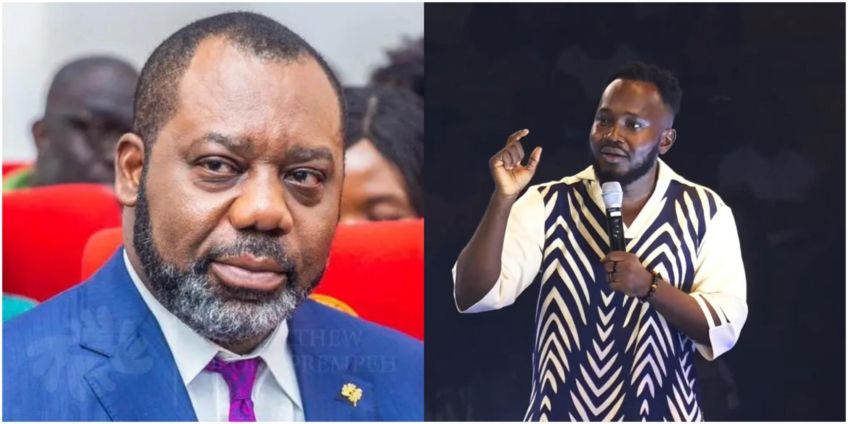









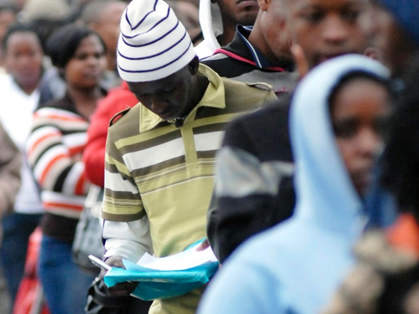




Facebook
Twitter
Pinterest
Instagram
Google+
YouTube
LinkedIn
RSS